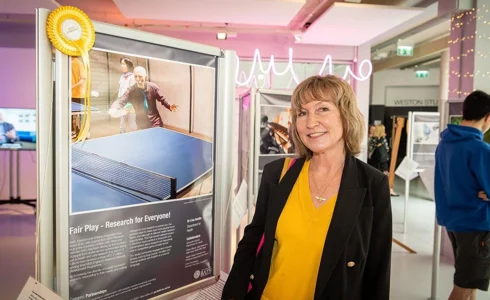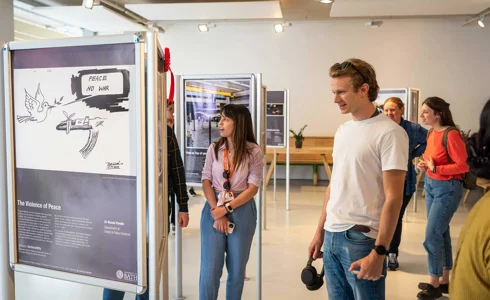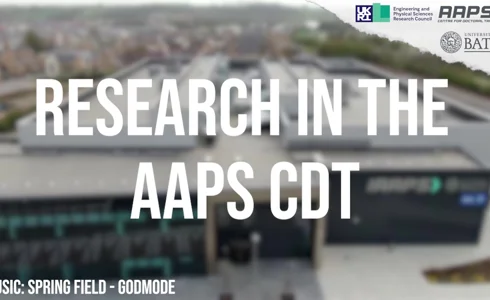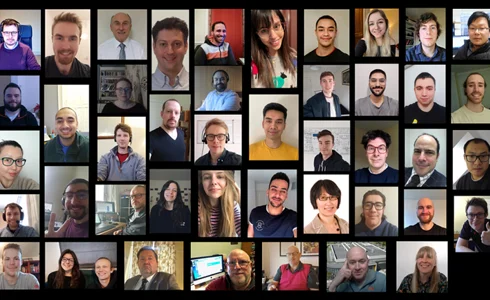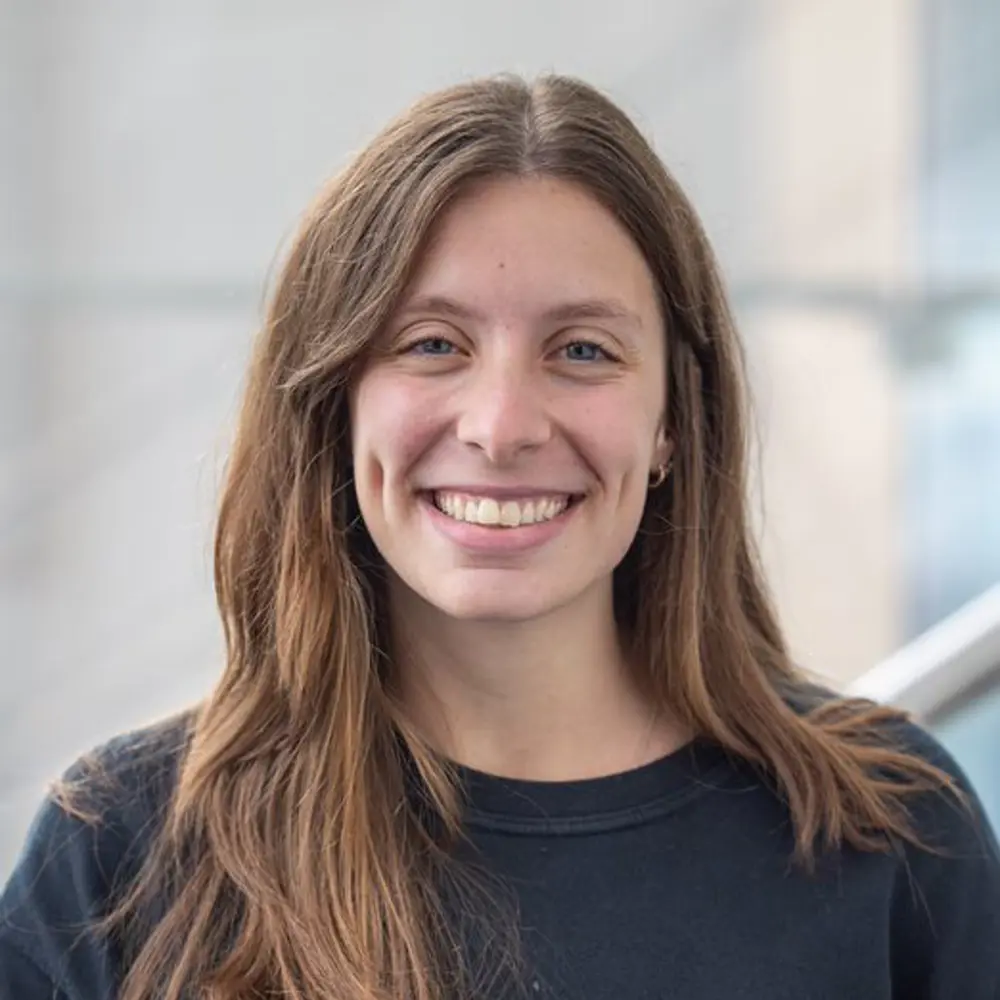
Dr Rita Prior Filipe
Theme
Sustainability and Low Carbon TransitionProject
Quantifying and Mapping the Distributed Impacts of Regionally Integrated Transport StrategiesSupervisor(s)
Prof Andrew Heath, Dr Nick McCullenRita's Journey in AAPS: An Alumni Profile
Rita joined the AAPS CDT with a master’s in civil engineering, specialising in transport and urban planning at Instituto Superior Técnico (University of Lisbon), bringing with her a passion for creating transport systems that are accessible, equitable, and sustainable.
Her journey at the AAPS CDT was filled with several defining opportunities, such as her internship at the International Transport Forum (ITF), where she integrated the Accessibility for All Working Group, her nomination as part of a Young Leaders Cohort of 2023 at the Urban Future Conference, and her Young Research Award as part of the Transport Research Arena in 2024. However, her journey was also deeply shaped by the friends, Professors and Supervisors she met at the CDT, whose wide-ranging expertise and perspectives have inspired and broadened her thinking about the future of mobility and her own PhD research.
PhD Focus
Rita’s PhD research is focused on facilitating diverse transport audiences in simulating and understanding the feasibility of regionally integrated transport strategies. This will be addressed with the development of an integrated Territorial tRansport Impact maPPer (iTRIPP), an open-source model that quantifies and maps the impacts of these strategies.
Her work addresses key challenges such as:
- Geographical exclusion, where rural or less-developed areas are underserved by transport networks.
- Technological and social exclusion, which can marginalise certain demographics.
- Stakeholder engagement, ensuring that policymakers, operators, and users are aligned and invested in the implementation of regionally integrated transport services and strategies
Rita’s research aims to inform transport policy and planning by assessing the environmental, health, and economic implications of integrated regional transport strategies. Her findings will support decision-makers in designing inclusive, efficient, and sustainable mobility systems that benefit a wide range of users.
Looking Forward
Looking ahead, Rita aspires to play a direct role in shaping a more sustainable and accessible mobility landscape in Portugal or across Europe. She envisions a career that bridges research, policy, and planning—helping regions adapt to the evolving demands of modern transport.
The Reflection on AAPS
Rita reflects on her time at AAPS with deep gratitude and she already recognises the immense value of the academic and research opportunities she’s received. She’s especially thankful for the friendships and support that made her time in Bath feel less lonely.
One of her key takeaways is that mobility challenges are complex and multifaceted—far from black and white. Addressing them requires insights from diverse disciplines, including engineering, psychology, and territorial planning.
To Rita, advanced propulsion systems represent a way to innovate shared and active transport services, ensuring they are accessible to all, regardless of social or geographical barriers
